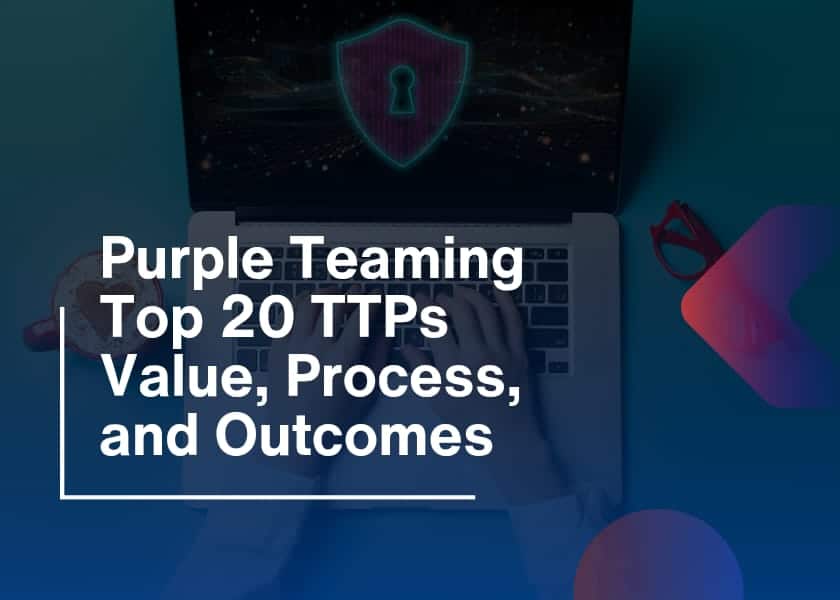Tired of fake accounts pretending to be you or your business? But you are not alone. Across the globe, and especially in the Kingdom of Saudi Arabia, individuals, influencers, and companies are facing a rise in fake profiles, identity theft, and online scams. That’s why social media protection has become a top priority for anyone with a digital presence. From impersonator accounts and phishing scams to financial fraud and data leaks, the threats are real and growing. But the good news is: with the right tools, awareness, and strategies, you can fight back. This guide explores how to combat fake social media accounts and reduce the risk of cyber fraud in KSA, whether you’re an individual or a business.
Why Social Media Protection Matters Today?
Through Instagram, Facebook, Twitter (X), and TikTok, users can construct powerful brand connections to distribute their content. However, Twitter (X) and TikTok, alongside Facebook and Instagram, provide space for cybercriminals to operate. Therefore, users without social media protective measures risk several problems, which include:
- Unapproved online profiles present themselves as both you and your brand profile
- Scammers are messaging your followers with fraudulent links
- The delivery of investment and romance-based scams uses stolen pictures as bait.
- User or client data breaches result in unauthorized leaks of personal information that criminals can misuse
- Online defamation or harassment campaigns
The security issues in Saudi Arabia have reached critical levels at present. Cyber fraud incidents in KSA have been steadily increasing in numbers according to official reports. The cyber fraud involves fake investment scams and identity theft as well as social engineering through fake profiles in Saudi Arabia.
The Rise of Fake Profiles in Saudi Arabia
International organized criminal organizations drive the operation of these deceptive online profiles that Saudis come across during their online activities. These fake accounts can cause various problems, such as:
- Users encounter two types of bogus profiles that impersonate celebrities and influencers, together with public officials.
- Scammers use brand names to market counterfeits on the market
- Attack victims through schemes that occur in phishing attempts using giveaway scams
- Promote false investment opportunities
- Lure users into romance scams or blackmail
Social engineering attacks and impersonation incidents are both classified as quickly growing cybercrimes in Saudi Arabia by the Saudi Federation for Cybersecurity Programming and Drones (SAFCSP). Moreover, the attacks produce significant harm to a victim’s reputation together with their important relationships and financial wellbeing.
How Fake Social Media Accounts Work
Fake accounts function in cybercrime through these steps:
1. Impersonation
Firstly, attackers duplicate each element from your profile, starting with your picture, followed by your name, along with matching your bio. In this way, the criminal pretends to send messages from your identity while targeting your friends, fans and customers.
2. Phishing Links
Fake accounts distribute “prize claims” and “investment opportunities” that redirect people to phishing websites.
3. Scam Campaigns
The operators of these fake profiles use them to advertise fraudulent products, as well as crypto fraud and blackmail of victims.
4. Bot Networks
Single hackers can control hundreds or thousands of fake accounts, which they use to spread deceptive information as well as distort reviews and propagate political propaganda.
Furthermore, the detection of these schemes remains invisible to users when there is no active social media security system, so the damage arises after the fact.
Common Types of Social Media Scams in KSA
In Saudi Arabia, the rise in digital usage has opened doors for both convenience and cybercriminals. Therefore, scammers often take advantage of people’s trust and lack of awareness. To boost the protection of your social media, it’s essential to know what you’re up against. Here are some of the most common cyber fraud methods seen in the Kingdom:
1. Fake Giveaways and Competitions
Many fraudsters create fake pages that resemble official brand accounts. In addition, they offer exciting giveaways, like free iPhones or Umrah packages, to lure users into clicking on malicious links or sharing personal data.
2. Phishing Links Disguised as Promotions
Some fake profiles in Saudi Arabia pretend to be customer support agents or brand reps. Additionally, they send users a link asking for login details, payment information, or verification codes, only to steal that data.
3. Impersonation of Influencers and Businesses
Scammers often create fake profiles that closely mimic well-known influencers or companies. These profiles message followers asking for money, donations, or investment in fake opportunities.
4. Investment and Crypto Scams
Cybercriminals promote fake investment schemes, often involving forex or crypto, promising high returns. Moreover, these scams target young professionals and business owners who are eager to grow their money quickly.
These scams don’t just affect individuals; they damage the reputation of brands and cause serious trust issues online. That’s why social media account protection and awareness are key to preventing these types of cyber fraud in KSA.

Practical Strategies for Social Media Protection
So, how can individuals and businesses protect themselves? Let’s look at practical strategies for the protection of social media accounts:
1. Verify Accounts
Always enable official verification (blue tick) where available. Because, verified accounts are harder to impersonate and offer credibility.
2. Use Strong Privacy Settings
Lock down who can see, comment on, or message your profile. In addition, review your followers regularly and report suspicious behavior.
3. Two-Factor Authentication (2FA)
Turn on 2FA for all your social media platforms. Even if someone gets your password, they won’t get past the second layer.
4. Regular Monitoring
Search your name, brand, or photos regularly. In addition, you can even use tools like reverse image search or brand monitoring platforms to find duplicates.
5. Educate Your Followers
If you’re a business or influencer, educate your audience. Let them know you’ll never ask for money or send random links.
Reporting Fake Accounts on Major Platforms
Knowing how to report fake profiles in Saudi Arabia or anywhere else is key. So, here’s how to do it:
- Instagram: Go to the fake profile > Tap three dots > Report > It’s pretending to be someone else.
- Facebook: Go to the profile > Click three dots > Find Support or Report > Pretending to be someone.
- Twitter (X): Profile > Report > It’s pretending to be me or someone else.
- TikTok: Profile > Share > Report > Impersonation.
Furthermore, if the impersonation is serious (e.g., involves fraud), you can also report it to Saudi CERT or law enforcement through platforms like Aman or Collama in KSA.
Combating Cyber Fraud in KSA
Cyber fraud in KSA has grown with increased digital adoption, online shopping, and mobile banking. Therefore, the risk also grows. So, criminals target users through:
- SMS phishing (smishing)
- Social media scams
- Fake job offers
- Investment fraud
So, to fight this, Saudi Arabia has taken several steps:
- Cybercrime laws: The Anti-Cybercrime Law criminalizes online impersonation, fraud, and hacking.
- Digital policing: The Ministry of Interior actively tracks and arrests cybercriminals.
- Awareness campaigns: Programs by the National Cybersecurity Authority (NCA) help educate citizens.
Moreover, businesses are also investing in cybersecurity services, including social media protection tools, to keep fraudsters at bay.
Role of AI and Tools in Social Media Protection
Technology now plays a huge role in fighting fake accounts and fraud. Some of the tools include:
- AI-powered monitoring: Tools like DarkTrace, Elastic, and IBM Qradar scan social platforms for impersonators.
- Dark web scanning: Detects if your credentials or images are being sold or used illegally.
- Threat intelligence: Helps companies stay ahead of new scams and tactics.
Furthermore, by integrating these tools, businesses can automate alerts, block threats in real-time, and keep their reputation safe online.
Best Practices for Businesses
For companies in Saudi Arabia, especially those in banking, e-commerce, and government sectors, social media fraud can seriously hurt trust and revenue. So, here’s how to reduce risk:
- Train employees to recognize phishing and social engineering tactics.
- Use a centralized social media management system to control all accounts from one place.
- Respond quickly to fake accounts; report, block, and inform followers.
- Partner with cybersecurity firms that offer reputation monitoring, brand protection, and anti-fraud solutions.
Being proactive is key to effective social media protection.
The Human Cost of Fake Accounts
Behind every fake profile is a real risk. Therefore, victims may lose:
- Money (through scams or fake investments)
- Reputation (if their identity is misused)
- Privacy (when personal content is leaked)
- Trust (from followers or customers)
This is why social media protection isn’t just about technology, it’s about keeping people safe online.
Conclusion
In the digital age, your identity is more than your ID, it’s your social media profile. Whether you’re an individual, a creator, or a company, protecting that profile is essential. By staying informed, using the right tools, and reporting threats early, you can guard against fake profiles in Saudi Arabia, stop cyber fraud in KSA, and strengthen your social media protection strategy. Furthermore, the fight against fake accounts is ongoing, but with awareness and action, we can all make social media safer.





